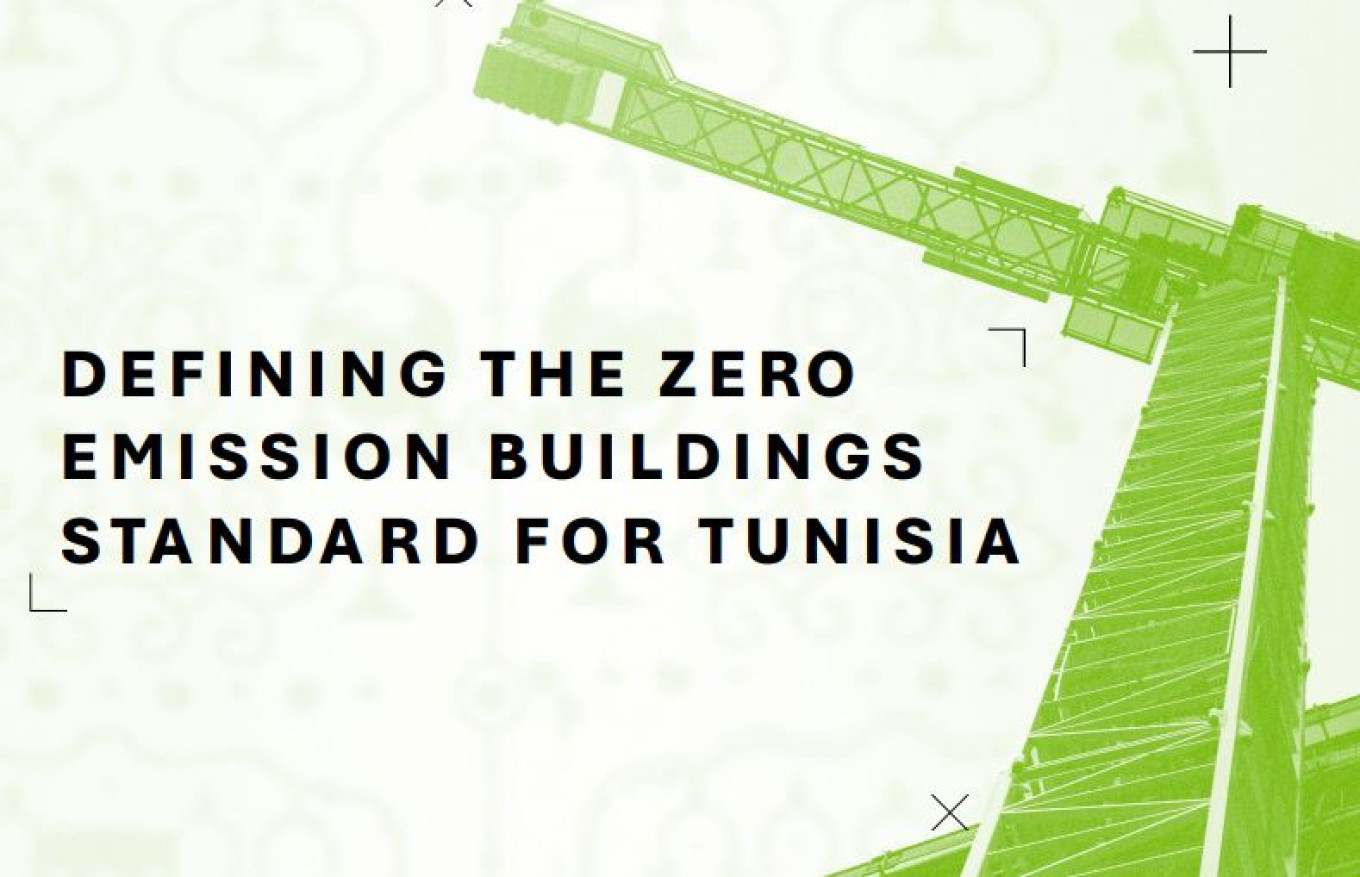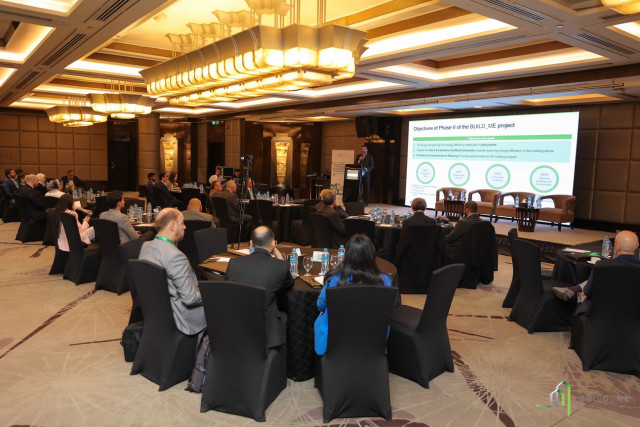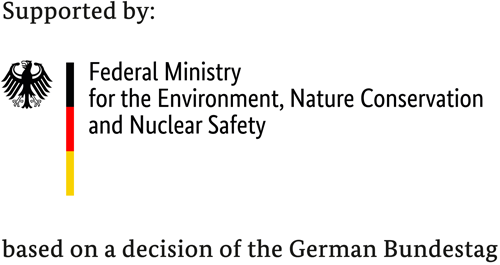Apr. 10, 2025
BUILD_ME’s new ZEB study promises major benefits for Tunisia

A recent study has unveiled promising results for Tunisia's energy sector. The BUILD_ME, “Defining the Zero Emission Buildings standard for Tunisia,” study highlights significant benefits for the country, including substantial reductions in energy demand, lower costs, and short payback periods for investments in energy-efficient technologies. Together, Mohamed Zied Gannar and Mohammed Alkhalili (ALCOR), and Markus Offermann, Jince John, Riadh Bhar, and Ahmad A. Poya (Guidehouse) have authored the study, which introduces a comprehensive methodology to determine adequate requirements for Zero Emission Buildings (ZEB) in Tunisia, compatible with a cost-optimal climate-neutral energy system.
The report begins with illustrations of several international and European definitions related to zero energy buildings, considering different boundary conditions and targets. Next, a high-level description of the current built environment and the status of energy-efficient buildings in Tunisia is presented, showcasing several instruments available to decarbonize the building sector. Although the ZEB approach is still new in the Tunisian context, the report provides a deep dive into the methodology used to determine the adapted standard of ZEB. This methodology is based on an evaluation of comparable international standards and considers the specific local conditions of countries in the Middle East and North Africa (MENA) region.
Calculations for typical new reference buildings in Tunisia were performed, considering local financial conditions. The study suggests introducing a so-called Zero Emission Ready Building (ZERB), which is both affordable and helps prevent possible lock-in effects of low-efficiency measures. The identified ZERBs require thermal insulation of roofs, external walls, and ground floors. High-efficient air conditioning systems, efficient shading, and photovoltaics are recommended for all ZERBs. These buildings come with significantly lower global costs (by 8% to 13%) than the common practice for new buildings and allow for a reduction in final energy demand (electricity) by up to 87%. The required additional investment costs are typically around 35% to 45%, with an expected payback period of less than three years.
The study presents a compelling case for the adoption of energy-efficient technologies in Tunisia. With substantial reductions in energy demand, lower global costs, and short payback periods, the study promises significant economic and environmental benefits for the country. As Tunisia continues to explore sustainable solutions, the findings of this study could play a pivotal role in shaping the future of its energy sector.
Download the report below!





